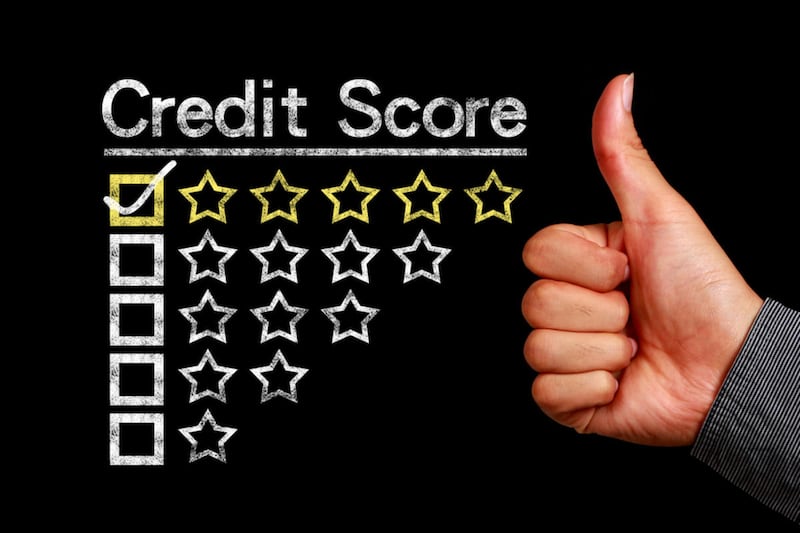BrandView
This story is sponsored by Deseret First Credit Union. Learn more about Deseret First Credit Union.
The holidays are upon us, and that means extra spending on gifts, travel, decorations, groceries—you name it, you'll probably end up buying it, adding to credit card debt. But when you own and wisely use a rewards credit card, just as you would with any credit card, you can make it work for you to better your credit.
Here are five tips from Deseret First Credit Union to improve your credit score.
Pay off your monthly balance
With rewards cards, those points only benefit you if you don't accrue interest charges month-to-month. Pay off the monthly balance, or you'll at the very minimum be spending 10 or 15 percent interest just to earn 1, 2 or 5 percent interest back in rewards.
Paying your balance will also show any potential lender that you have the means to pay back debt. If you have trouble remembering to pay your balance, set up reminders or automatic payments.
Avoid fees
While all fees—annual fees, late fees, balance transfer fees, foreign transaction fees, etc.—are not welcome, some are necessary, but most are avoidable. For instance, the best way to avoid late fees and finance charges (the interest owed on unpaid balances) is to make your payments on time or pay the entire balance each month. Look for a card that has no annual fee. Do you research and understand where you can eliminate fees today.
Only apply for credit you when you need it
It may be appealing to increase your credit quickly by applying for several cards. However, lenders and credit scorers see this as a sign that you’re in the midst of a personal financial crisis.
If you have too much credit, you may be tempted to close one. However, even if an account is closed, it can still affect your score (good and bad). Consider discussing your options with your credit card provider.
Keep in mind: even if you pay your card off each month, cutting it close to your credit limit tell lenders that you arent good at handling your debt-to-credit ratio.
Keep good, old debt on your record
Rather than try to erase your history of paying off your student loans or your car loan, as long as you were consistent and on time with your payments, this is good debt that will help your credit rather than bring it down. It shows how you can handle big debt over a longer span of time.
Budget wisely
Even if you pay off every statement balance, high spending can affect your score. Create or revisit your budget each month; doing so will lay out your month’s income, rent or mortgage, bills, current debts and other financial obligations you have.
When you spend, consider categorizing into three categories: needs, wants and savings. Keep a personal ledger to 1) make sure you are aware of what you’re spending and 2) use in creating the next month’s budget.
If you don't have a credit card with rewards that suit you yet, try the Visa Rewards program at Deseret First Credit Union.


